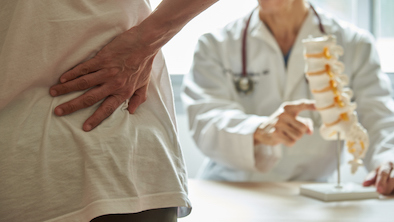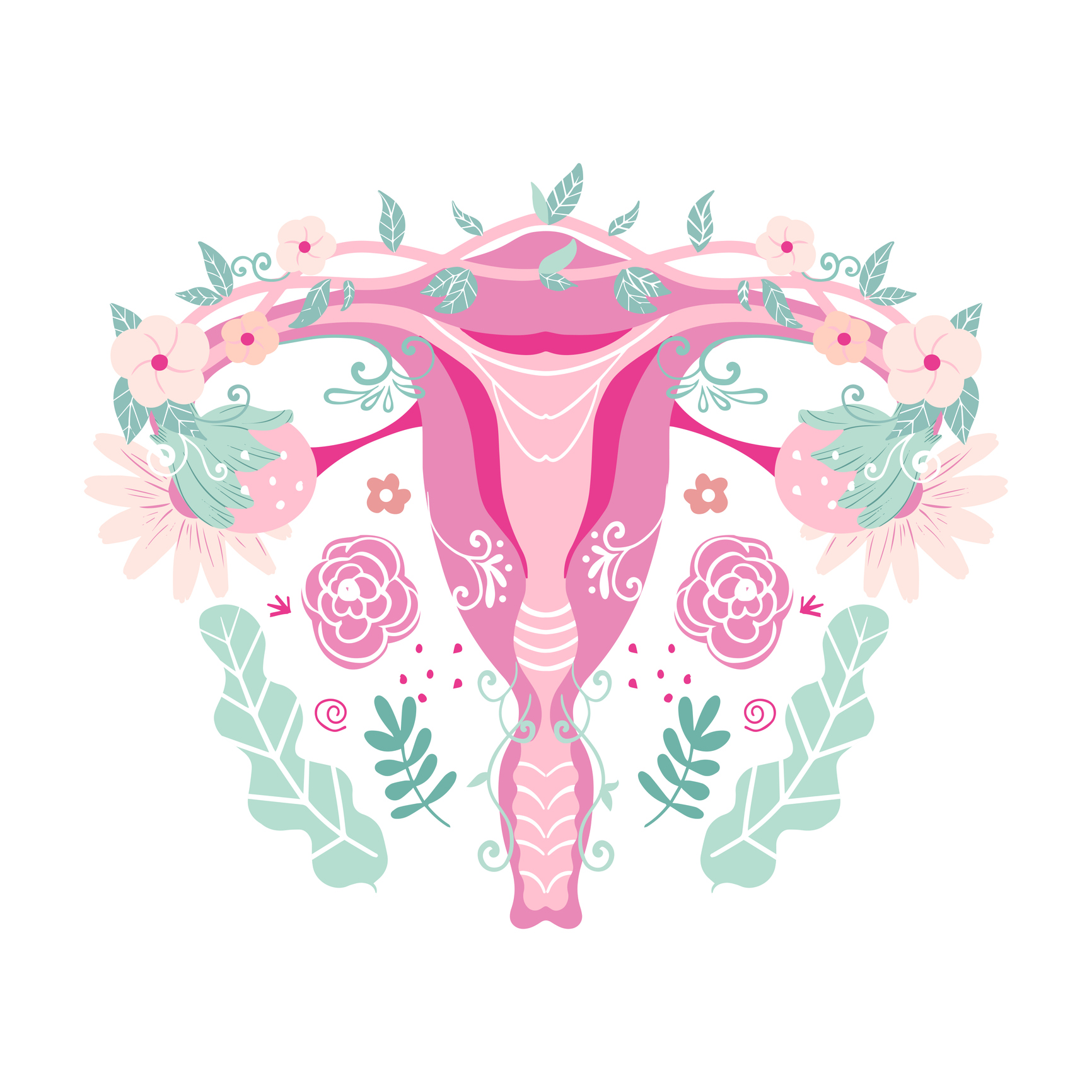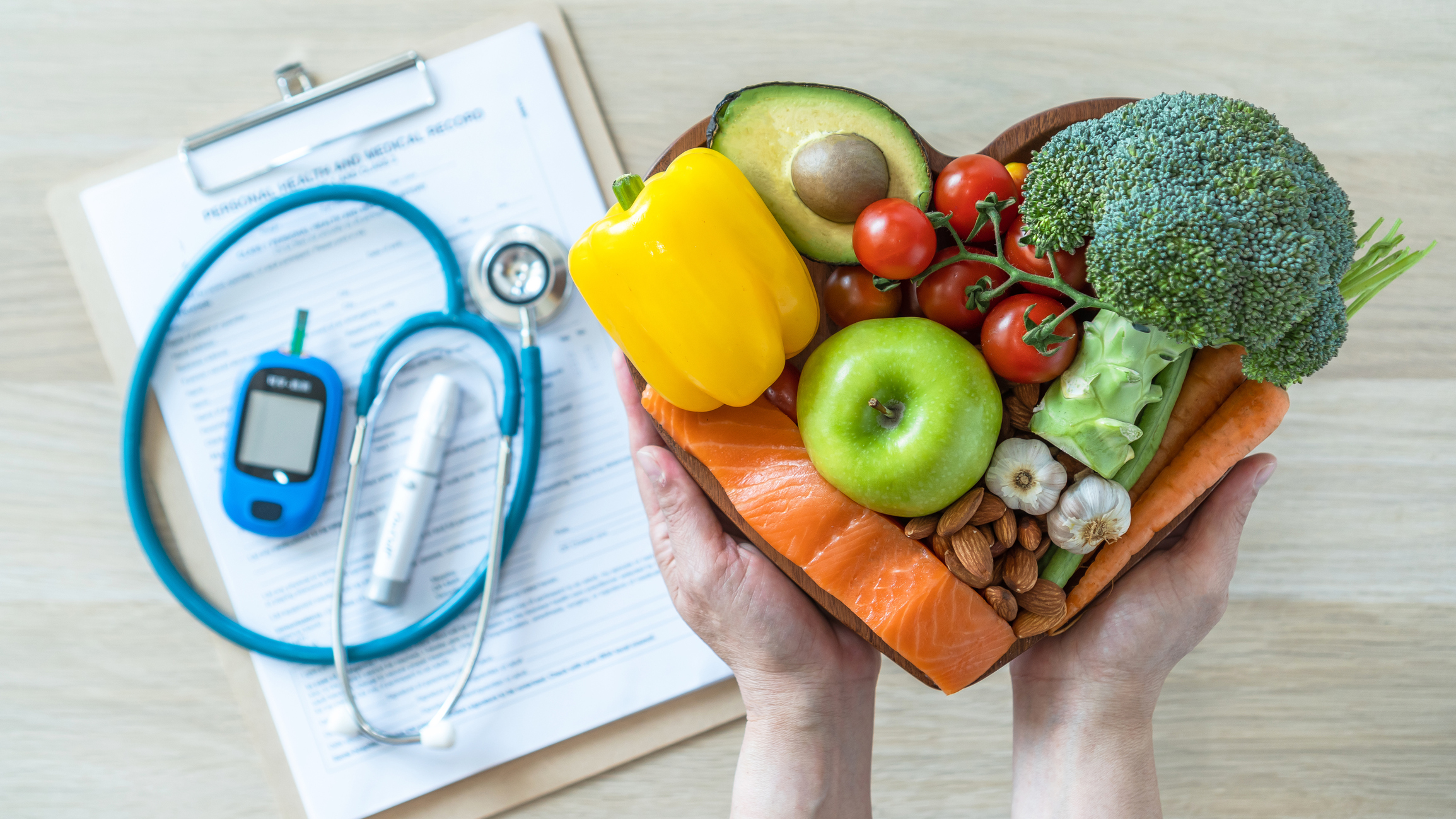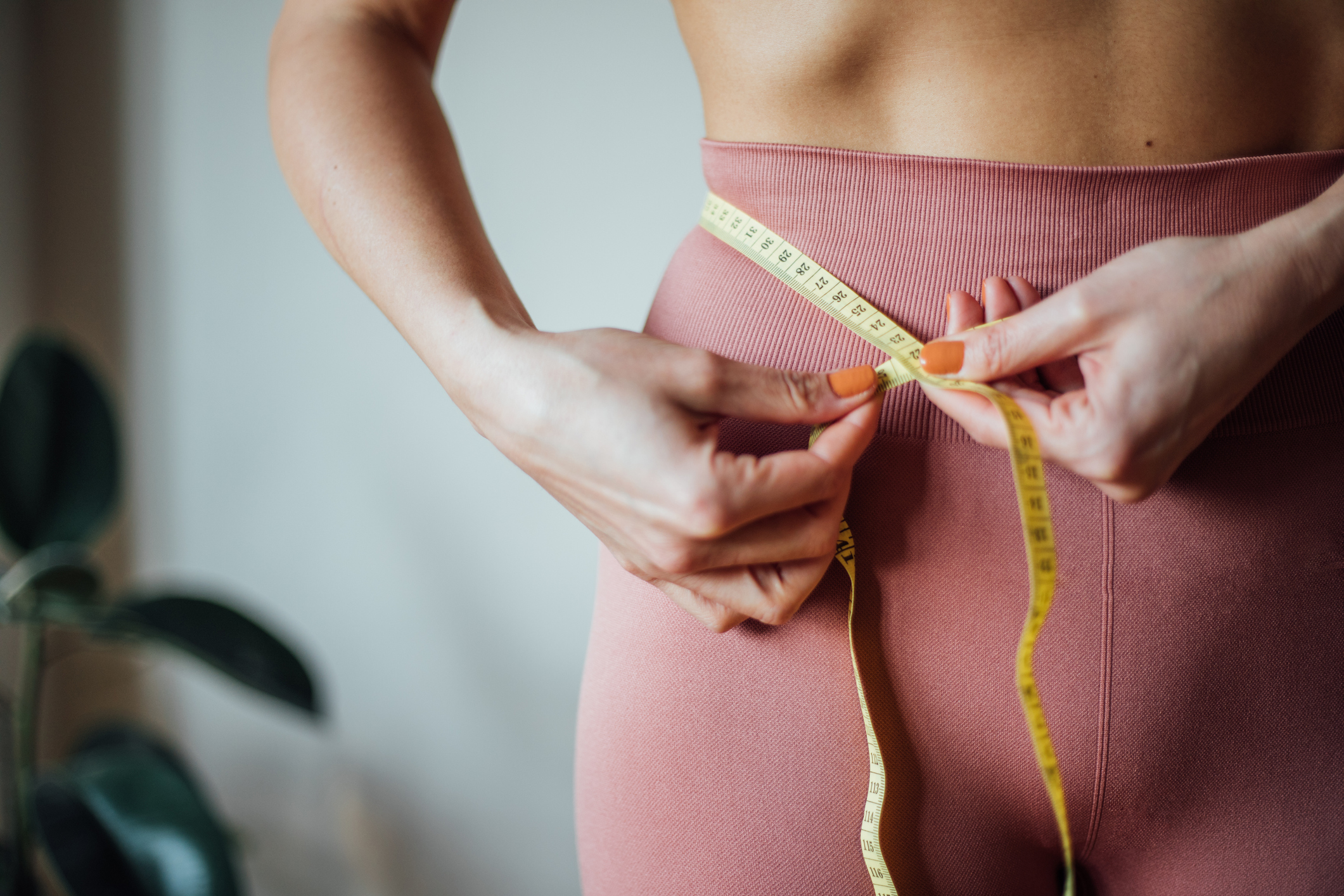Blogs
So You Have An Injury?
January 31, 2022

It's important to know that having a physical injury does not have to prevent you from exercising or losing weight.
Article
Niggling injuries tend to go hand in hand with niggling excuses not to exercise.
Whether through fear of worsening an injury, creating a new one or maybe your doctor has prescribed drugs and rest, injuries are often the reason people don’t exercise.
But an injury doesn’t mean that all movement on every part of your body has to stop. It’s just about working with your new capabilities and strengthening it to provide maximum support to the injury.
No one understands injuries better than I do. Since falling off a horse when I was 16, a disc in my back has been gradually deteriorating. It became so bad a couple of years ago that I had to set my alarm at 3am so I could get up at 6am. I was in so much agony that it took me three hours to get out of bed.
But I’m also someone who knows exercise. I value it enormously. As hard as it has been at times, I’ve also always known that it’s my solution. It just needs to be the right exercise.
I was lucky to see a great sports and exercise physician who pointed out that most of the exercises I was doing were making my back do all of the work rather than my core and glutes. Understanding this changed my life and for the last two years I’ve done a series of exercises twice a day, every single day, so that now my core and glutes are stronger than they’ve ever been and my back pain is well-managed.
Glutes are the strongest muscle group in the body but most people rarely use them. Mine have always been strong but empowering them even more with dedicated exercises provided that extra support for my back that was so crucial to my recovery.
I also know that if I gain even 2kg the amount of extra pressure on my joints would be excruciating. If I gained 5kg, that’s the equivalent of 20kg extra pressure on each joint. So, it’s an easy option to stay as light and as strong as I can.
Not only that, but a diet of inflammatory foods would also aggravate my injury so the choice to stay lean, strong, exercise daily and eat the most nutritious anti-inflammatory food is easy for me. Injury doesn’t have to mean the end of exercise; it can just open up a new path where exercise remains a crucial priority.


